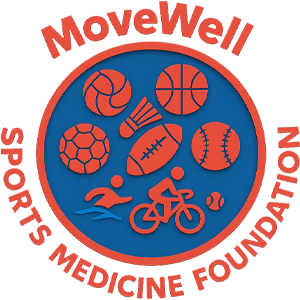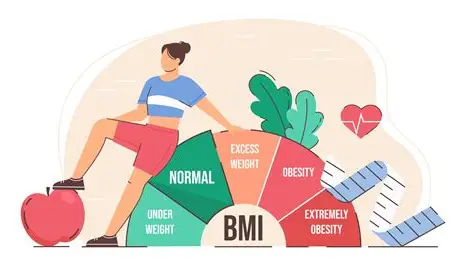Exercise doesn’t just build muscles—it builds a better brain. From boosting memory to fighting depression, physical activity reshapes the brain in powerful ways. Here’s what science reveals about how movement enhances cognition, mood, and long-term brain health.
1. Structural Changes: Exercise Grows Your Brain
A. Hippocampus Expansion (Better Memory)
Aerobic exercise (running, swimming, cycling) increases the size of the hippocampus, the brain’s memory center.
Studies show 6-12 months of regular cardio can grow the hippocampus by 1-2%, reversing age-related shrinkage.
Key Mechanism: Exercise boosts BDNF (Brain-Derived Neurotrophic Factor), a protein that stimulates neuron growth.
B. Prefrontal Cortex Strengthening (Sharper Focus & Decision-Making)
Strength training and HIIT thicken the prefrontal cortex, improving:
Attention (helpful for ADHD)
Impulse control
Problem-solving
2. Neurochemical Boost: The Brain’s Natural Pharmacy
Exercise triggers the release of key brain chemicals:
Dopamine & Serotonin → Improves mood, reduces anxiety & depression (as effective as antidepressants in some cases).
Endorphins → Creates the "runner’s high," reducing pain and stress.
Cortisol Regulation → Lowers chronic stress hormone levels, protecting the brain.
3. Cognitive Benefits: From Kids to Seniors
A. Children & Learning
Active kids score 20% higher in math and reading (University of Illinois research).
Exercise increases IGF-1, speeding up neural signal transmission.
B. Aging & Dementia Prevention
150 mins/week of brisk walking cuts Alzheimer’s risk by 40% (The Lancet).
Tai Chi and dance improve brain connectivity, delaying cognitive decline.
4. Mental Health: A Natural Antidepressant
Depression: 6 weeks of exercise reduces symptoms by 55% (German study).
Anxiety: Yoga and martial arts calm the amygdala, the brain’s fear center.
5. Sleep & Brain Detox
Exercise improves deep sleep, when the brain clears toxic proteins like beta-amyloid (linked to Alzheimer’s).
A Nature study found exercise enhances this cleanup by 60%.
6. Best Exercises for Brain Health
Exercise Type Brain Benefit
Running/Swimming ↑ Memory (hippocampus growth)
Weight Training ↑ Focus (prefrontal cortex)
Dance/Sports ↑ Coordination & creativity
Yoga/Tai Chi ↓ Stress & anxiety
Optimal Routine:
30-45 mins/day, mix of cardio + strength + coordination.
Intensity: 60-80% max heart rate (for BDNF boost).
Exercise is the closest thing to a "miracle drug" for the brain—enhancing memory, mood, focus, and resilience against disease. As neuroscientists say: "If exercise were a pill, it would be the most prescribed medication in the world."
Key References:
Erickson KI, et al. (2011). Exercise training increases size of hippocampus...
Cotman CW, Berchtold NC (2007). Exercise: a behavioral intervention...
Schuch FB, et al. (2016). Exercise as a treatment for depression...
He X, et al. (2017). Exercise enhances glymphatic clearance...
Hillman CH, et al. (2008). Be smart, exercise your heart...




